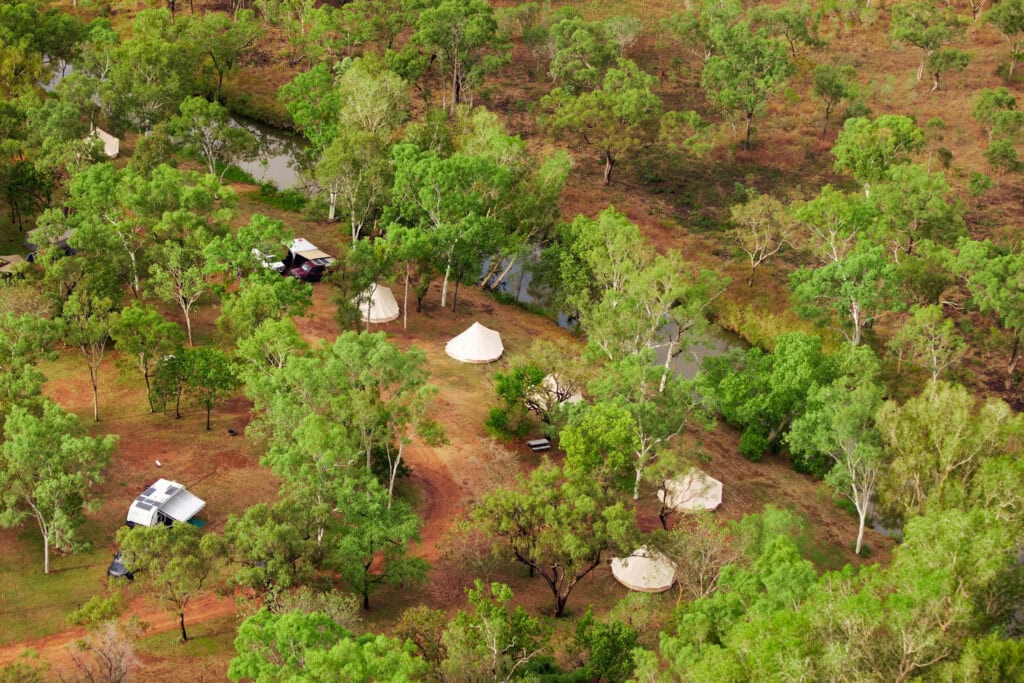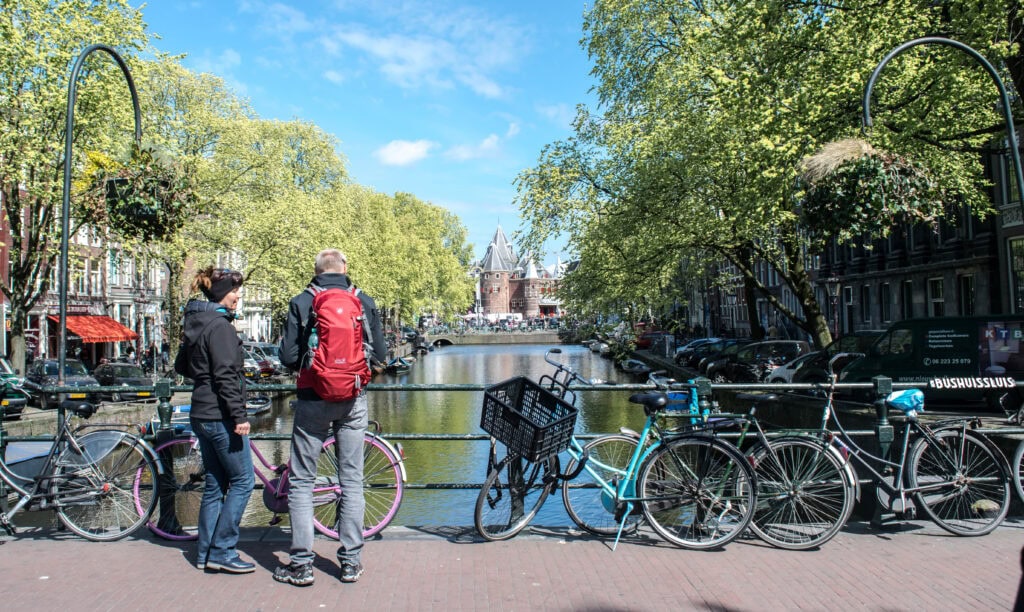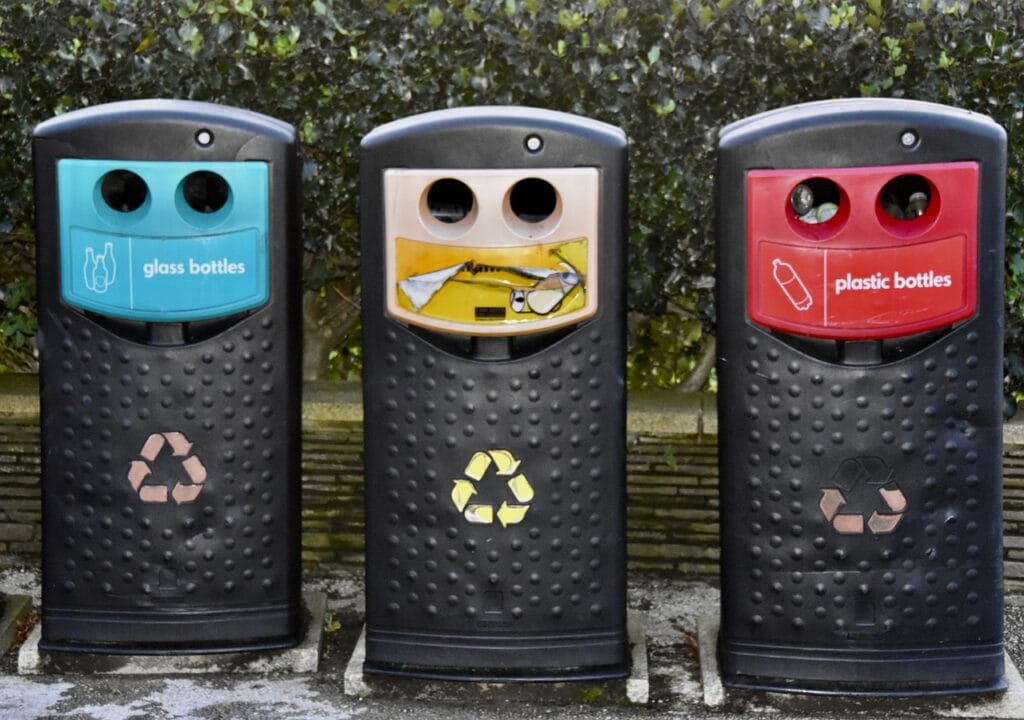The Ultimate Guide to Sustainable Travel

Sustainable travel, also called eco-friendly travel, is about making choices that protect the environment and support local communities.
Simple decisions, like staying in eco-certified accommodations, reducing your carbon footprint, and shopping locally, make a real difference.


Gibb River Road
Explore our ultimate guide for practical tips on travelling responsibly.
Every journey is a chance to help preserve the planet and support the places we visit.
Embark on your next adventure with a green twist!
What is Sustainable Travel?
Understanding Sustainable Travel

Sustainable travel, also known as eco-friendly travel, is a powerful way to reduce the negative impact on the environment. It also supports local communities. It empowers you to make responsible tourism choices that preserve natural resources, reduce waste, and promote cultural understanding.
Sustainable travel is not just about the destination but also about how you get there and the choices you make.
Benefits of Sustainable Travel
Sustainable travel offers many advantages, including:
Environmental Preservation
Protect natural habitats and reduce pollution by making eco-conscious choices.
Cultural Respect
Support local cultures through respectful interactions. Experience traditions firsthand and build genuine connections with communities.

Economic Support:
Boost local economies by choosing small businesses, local artisans, and community-run projects.
Personal Enrichment:
Gain a deeper connection to places through meaningful experiences. Sustainable travel creates lasting memories and personal growth.
How to Support Sustainable Travel

Opting for eco-friendly accommodation is a significant step in reducing your travel footprint. Here’s how to find the best options:
- Certified Hotels: Look for certifications like Green Key, LEED, or EarthCheck, which indicate a commitment to sustainable practices.
- Local Stays: Choose locally-owned hotels, guesthouses, or eco-lodges. Consider staying at places like the Daintree Ecolodge or EcoBeach Resort. (EcoBeach Resort shares the beach with Barnhill Station).These accommodations are more likely to reinvest in the community and use resources responsibly.
- Resource Efficiency: Select accommodations that utilise renewable energy sources, have water-saving fixtures, offer recycling programs, and limit single-use plastics.
- Station Stays and Homestays: Consider staying on a local station (farm) or in a homestay. You can learn about sustainable living practices. You will also support local agriculture.

Reducing Carbon Footprint While Travelling
Travelling can be a significant source of carbon emissions. Here are several ways to minimise your impact:

- Public Transport: Use trains, buses, or bikes instead of renting cars or taking taxis. Public transport is often more energy-efficient and offers a more immersive travel experience.
- Direct Flights: Book direct flights whenever possible. This reduces the number of takeoffs and landings. These are the most fuel-intensive parts of a flight.
- Carbon Offsetting: Purchase carbon offsets to compensate for the emissions from your flights. Many airlines and independent organisations offer programs to offset your carbon footprint.
- Pack Light: Lighter luggage means the plane uses less fuel. Travel with only what you need. Pack reusable items like water bottles, utensils, and shopping bags to avoid single-use plastics.
Supporting Local Economies and Communities
Sustainable travel involves supporting the places you visit economically and socially:
- Shop Local: Buy souvenirs and products from local artisans and markets instead of imported goods. This supports local craftsmanship and keeps money within the community.
- Eat Local: Choose restaurants that use locally sourced ingredients and try to eat at family-owned establishments rather than international chains.
- Volunteer Travel: Engage in volunteer projects that benefit the local environment or community. Ensure the programs are ethical and genuinely beneficial.
- Cultural Sensitivity: Learn a few phrases in the local language, understand cultural norms, and respect traditions and practices.
Sustainable travel involves supporting the places you visit economically and socially
Minimising Waste and Preserving Natural Resources

Travelling sustainably means minimising waste and preserving the natural beauty of the places you visit:
- Reusable Items: Travel with reusable items like water bottles, coffee cups, utensils, and shopping bags to avoid single-use plastics.
- Responsible Disposal: Dispose of waste properly, recycle when possible, and never litter. In some destinations, you might need to separate your waste into different bins. In other places, you might need to take your waste with you until you find a suitable disposal point. Participate in local recycling programs and composting if available.
- Conservation Activities: Participate in conservation activities like beach clean-ups, tree planting, or wildlife preservation programs.
- Stay on Trails: When hiking or exploring natural areas, stay on designated trails. This helps to minimise environmental impact. It also avoids disturbing wildlife.
Engaging in Responsible Wildlife Tourism

Interacting with wildlife can be one of the most rewarding travel experiences, but it’s essential to do so responsibly:
- Ethical Tours: Choose wildlife tours certified by reputable organisations and prioritise animal welfare.
- No Hands-On: Avoid attractions that allow you to touch or hold wild animals. Look for experiences that let you observe animals in their natural habitats.
- Support Sanctuaries: Visit and support sanctuaries and rescue centres focusing on rehabilitation and conservation efforts.
- Educate Yourself: Learn about the wildlife you will encounter, including their behaviours, needs, and the challenges they face. This knowledge enhances your experience and promotes respect for the animals. Read my post on 5 Top Tips for Navigating the Unique Australian Wild Life and Navigating Deadly Snakes Safely when Traveling in Australia.
Verdict
Sustainable travel matters, but it comes with challenges like limited options or higher costs.
By choosing eco-friendly stays, you can make a real difference. Reduce your carbon footprint, support local businesses and minimise waste. Travel responsibly.
Start planning your eco-friendly journey today — your travels can inspire real change.
